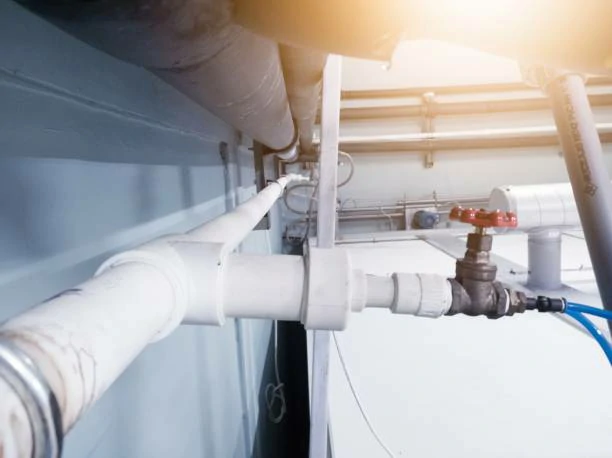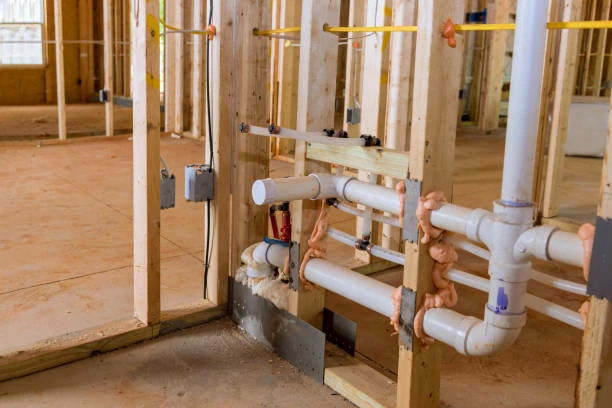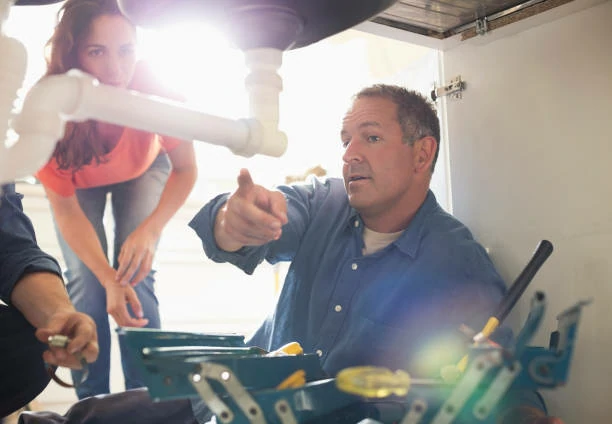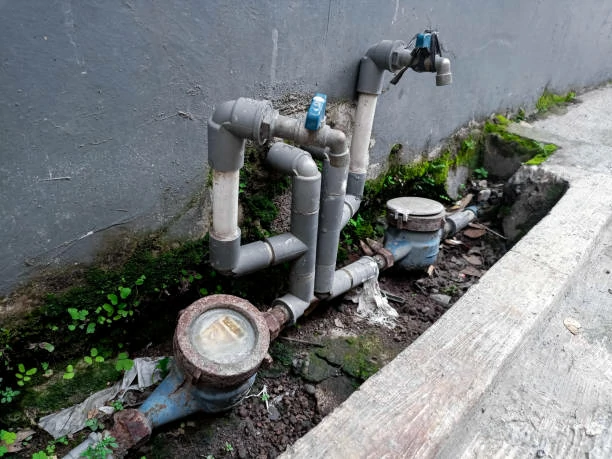Introduction:
In the realm of pipe materials, various options exist, each with its own set of characteristics and applications. PVC pipes stands out as a versatile choice, but how does it compare to other materials like cast iron and HDPE? This article explores the differences between PVC pipe and alternative pipe materials, highlighting their respective strengths and weaknesses.
1. PVC Pipes vs. Cast Iron Pipes
Material Composition and Properties
PVC pipes is made from polyvinyl chloride resin, a synthetic polymer known for its durability and chemical resistance. In contrast, cast iron pipe is composed primarily of iron and carbon, giving it strength and robustness. While both materials are suitable for conveying fluids, they exhibit distinct properties that influence their applications.
Installation and Handling
PVC pipes is lightweight and easy to handle, making it ideal for quick and cost-effective installation. In contrast, cast iron pipe is significantly heavier and requires specialized equipment and techniques for handling and installation. This difference in handling can impact labor costs and project timelines.
Corrosion Resistance
One of the key advantages of PVC pipes over cast iron pipe is its resistance to corrosion. PVC is inherently immune to rust and chemical degradation, making it suitable for use in corrosive environments such as wastewater treatment plants and chemical processing facilities. Cast iron, on the other hand, is prone to rust and may require protective coatings or linings to prevent corrosion.
Cost Considerations
From a cost perspective, PVC pipe tends to be more affordable than cast iron pipe. The lower material and installation costs of PVC pipe make it an attractive option for budget-conscious projects. However, it’s essential to consider long-term maintenance and replacement costs when comparing the two materials.
2. PVC Pipes vs. HDPE Pipes
Material Composition and Flexibility
HDPE (high-density polyethylene) pipe shares some similarities with PVC pipes in terms of material composition, as both are types of plastic. However, HDPE pipe offers greater flexibility and resistance to impact, making it suitable for applications where flexibility and toughness are paramount, such as underground installations and directional drilling.
Chemical Resistance and Environmental Impact
Both PVC and HDPE pipes exhibit excellent chemical resistance, making them suitable for conveying a wide range of fluids. However, HDPE pipe is known for its superior resistance to environmental stress cracking, making it ideal for outdoor and underground applications where exposure to harsh weather conditions is a concern.
Joining Methods and Installation
PVC pipe typically uses solvent cement or heat fusion for joining, while HDPE pipe utilizes heat fusion or mechanical couplings. The choice of joining method can influence installation ease and reliability. HDPE pipe’s flexibility allows for bending and maneuvering around obstacles, simplifying installation in challenging environments.
Sustainability and Recyclability
Both PVC and HDPE pipes are recyclable materials, but HDPE has a slight edge in terms of sustainability. HDPE pipe is often made from recycled materials and can be recycled after use, contributing to a more circular economy. However, PVC pipe manufacturers have made strides in recycling and sustainability efforts in recent years.
Conclusion:
In conclusion, the choice between PVC pipes, cast iron pipe, and HDPE pipe depends on various factors, including project requirements, environmental conditions, and budget considerations. PVC pipe offers advantages such as corrosion resistance, cost-effectiveness, and ease of installation, making it a popular choice for a wide range of applications. However, each material has its unique characteristics and suitability for specific scenarios. By carefully evaluating the pros and cons of each material, stakeholders can make informed decisions to ensure the success of their projects.
Contact
IFANPLUS is a specialized product series launched by IFAN, primarily covering plastic pipes, fittings, and various types of valves. We offer PPR and PVC pipes in German and American standards, ensuring the high quality and reliability of our products. IFANPLUS valve products include a variety of valves, from PPR valves to other diverse copper valves, catering to your specific requirements. Whatever product you need, IFANPLUS will be your reliable partner. Here is our contact information.
We will reply your email or fax within 24 hours.
You can call us at any time if there is any question on our production.
For more information,pls visit our webside https://www.ifanplus.com/
Pls Mailto: [email protected]






